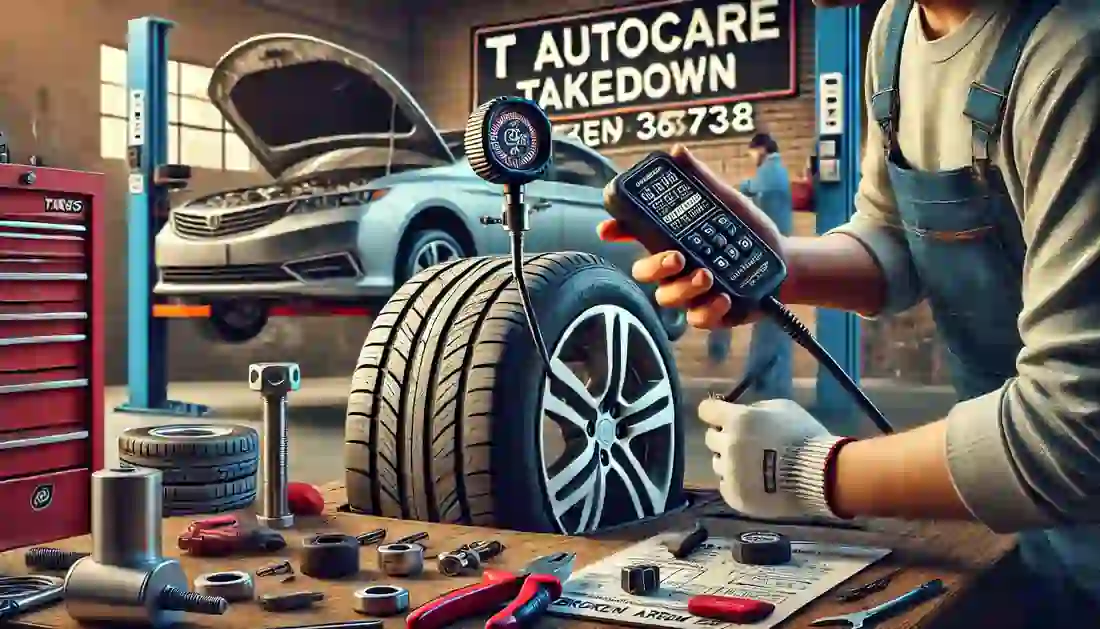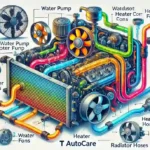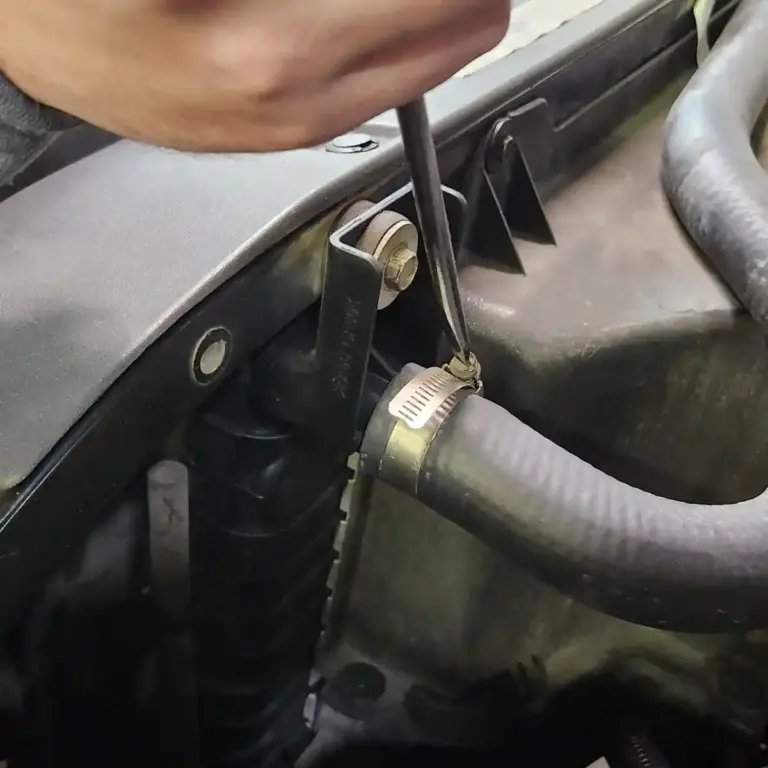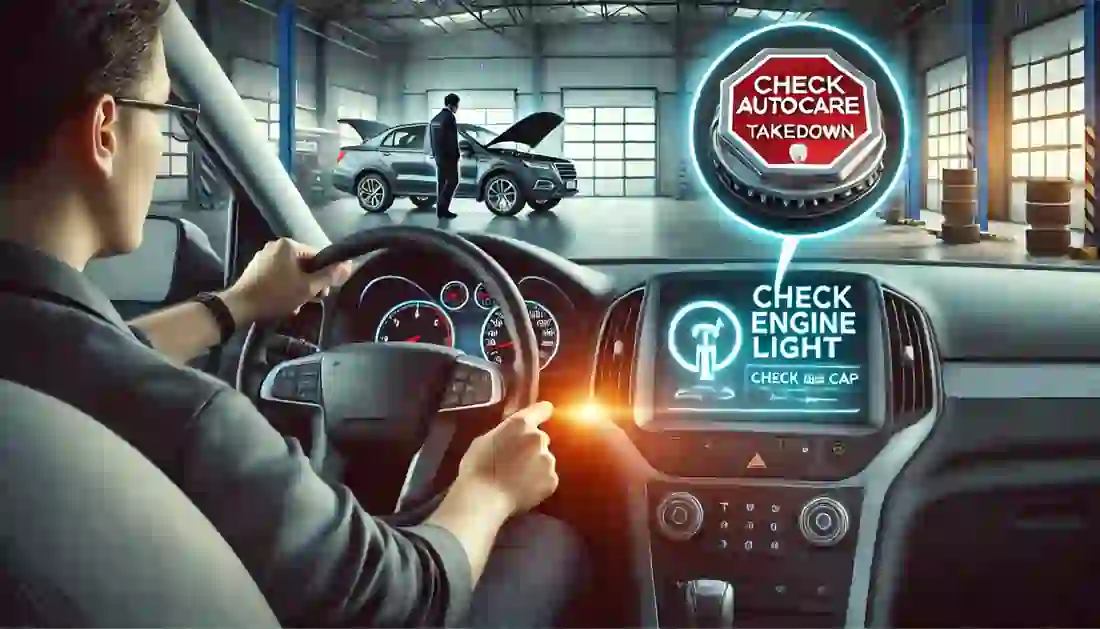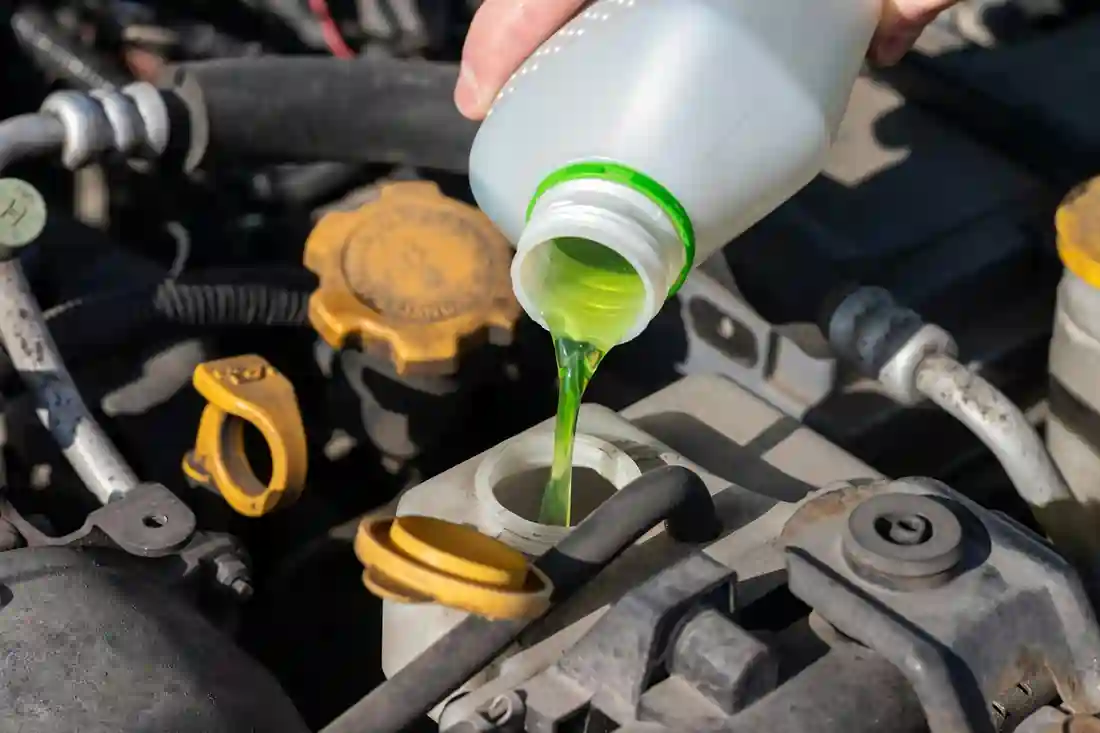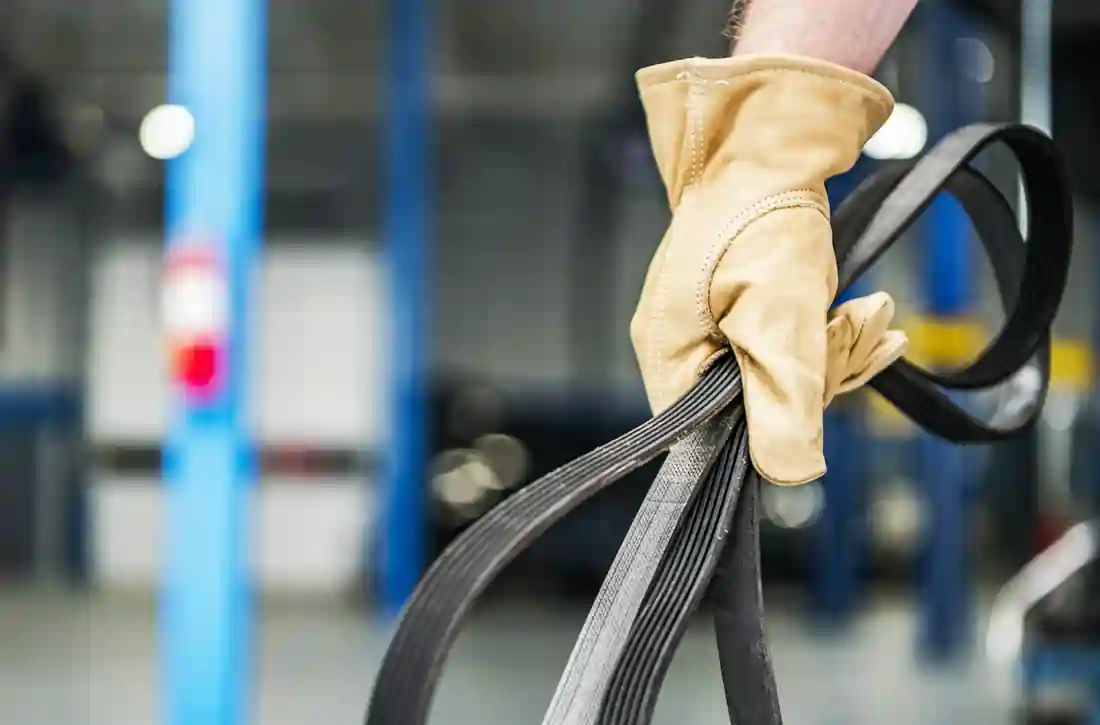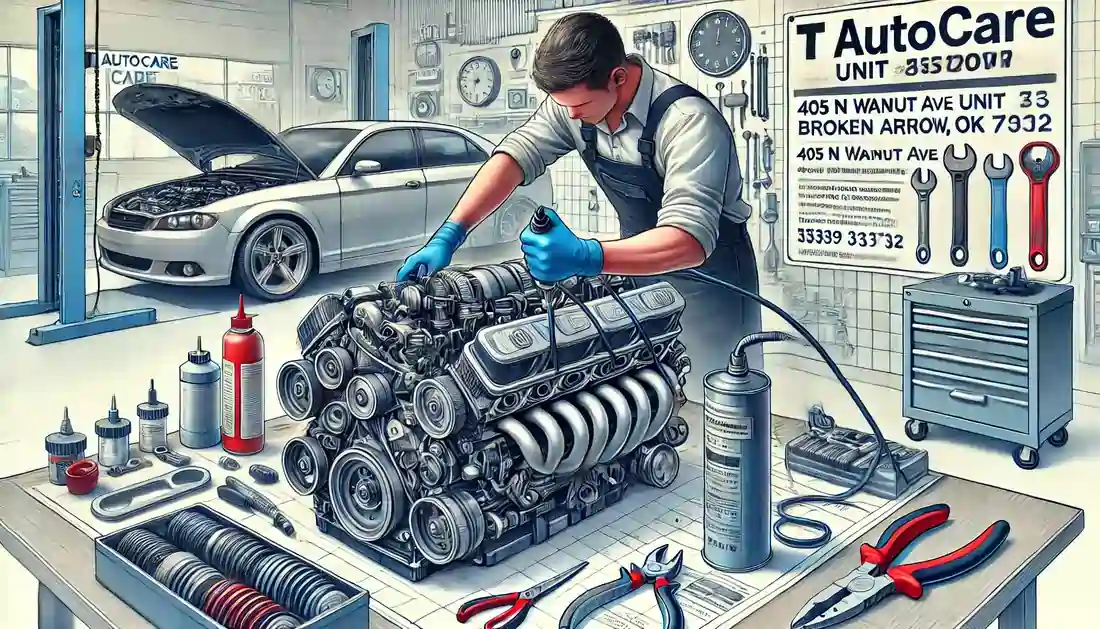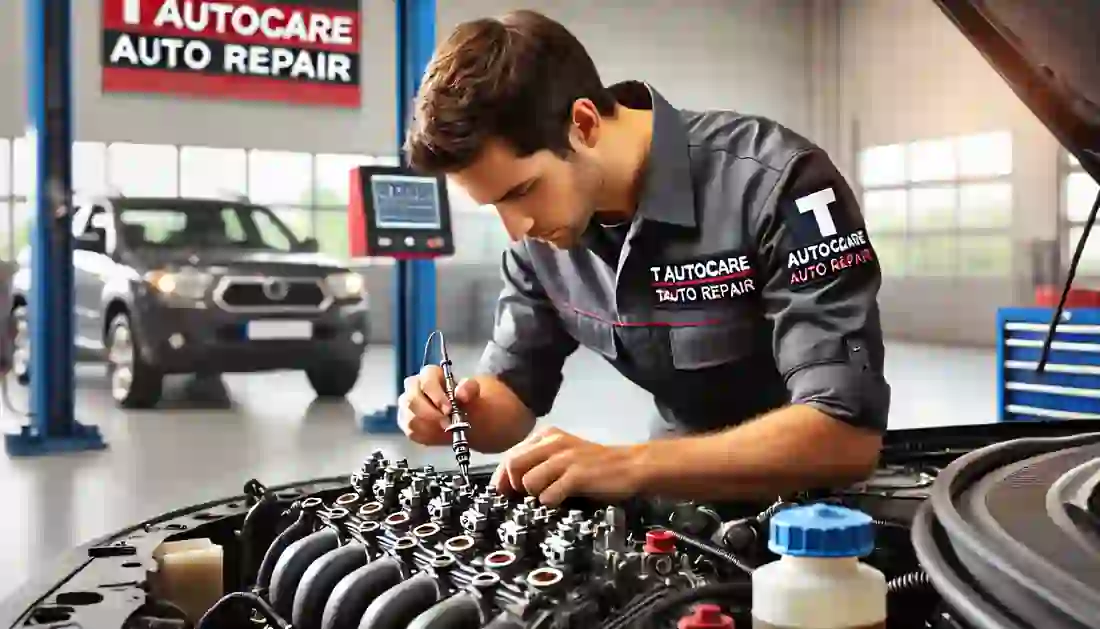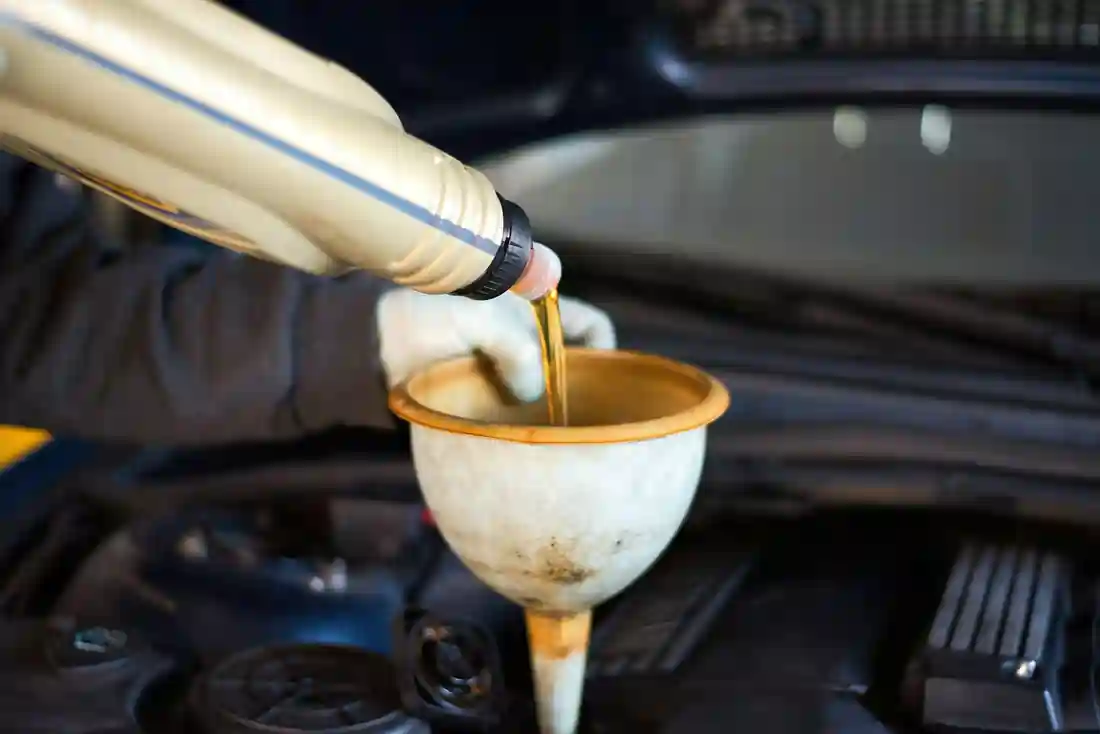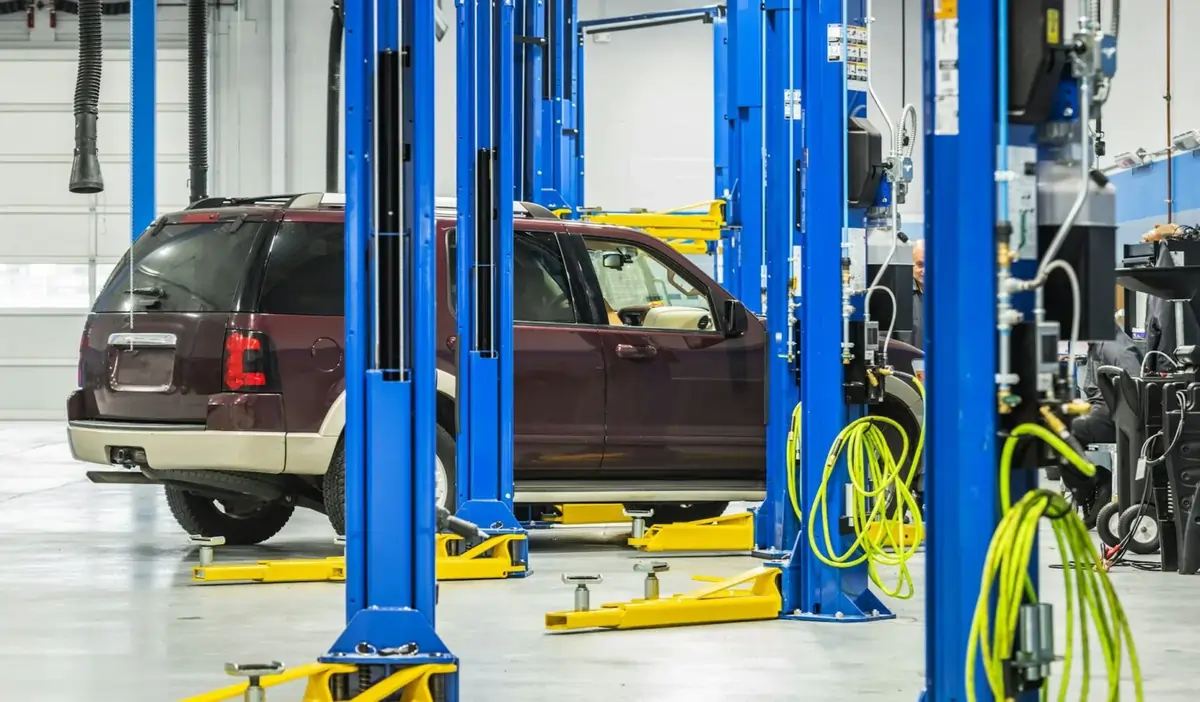Comprehensive Guide to Coolant System Pressure Testing
Just like taking your car for regular oil changes and tire rotations, maintaining a healthy coolant system is crucial for keeping your vehicle running smoothly and avoiding costly auto repairs down the road.
A coolant system pressure test is a preventative measure that can identify leaks and other issues before they escalate. This guide will explain the importance of pressure testing, what’s involved in the process, and how it can benefit your vehicle.
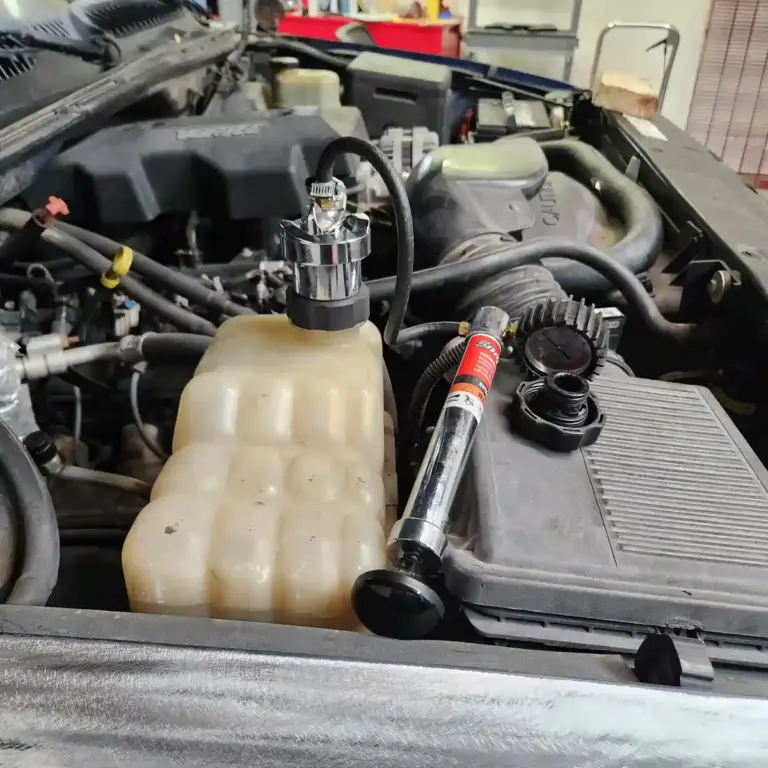
Understanding the Coolant System
Your vehicle’s coolant system consists of various components, including the radiator, hoses, water pump, and thermostat. These components work together to circulate coolant throughout the engine, preventing it from overheating and ensuring efficient operation.
Signs of Coolant System Issues
It’s essential to recognize common signs of coolant system problems, such as overheating, coolant leaks, or unusual odors.
If you notice any of these symptoms, it’s crucial to have your coolant system inspected promptly to prevent further damage.
Purpose of Coolant System Pressure Testing
Coolant system pressure testing is a diagnostic procedure designed to identify leaks and assess the integrity of the system.
By pressurizing the coolant system, we can detect even the smallest leaks that may not be visible during a visual inspection, ensuring accurate diagnostics and timely repairs.
Frequently Asked Questions:
Q: Why is a coolant system pressure test necessary?
A: A pressure test helps identify leaks and assess the overall health of the coolant system, allowing us to address issues before they escalate.
Q: How often should I have a coolant system pressure test performed?
A: We recommend having a pressure test performed during routine maintenance or whenever you suspect coolant system issues.
Equipment Needed for Pressure Testing
Our expert mechanics use specialized tools and equipment, including pressure testers and coolant, to perform thorough coolant system pressure tests.
With state-of-the-art equipment and years of experience, you can trust us to deliver accurate results every time.
Step-by-Step Guide to Pressure Testing
Our pressure testing process involves several steps, including system preparation, attaching the pressure tester, pressurizing the system, monitoring pressure, and analyzing results.
Rest assured, we’ll guide you through each step and provide transparent communication throughout the process.
Interpreting Test Results
After conducting a coolant system pressure test, we’ll interpret the results and discuss any findings with you.
Whether it’s no leaks, minor leaks, or major issues, we’ll recommend the appropriate course of action to ensure your vehicle’s coolant system remains in top condition.
Common Coolant System Issues Detected by Pressure Testing
Pressure testing allows us to identify a wide range of coolant system issues, including leaking hoses, radiator cracks, and faulty seals. Addressing these issues promptly is essential to prevent engine damage and costly engine repairs down the road.
Benefits of Regular Pressure Testing
Regular coolant system pressure testing is a proactive measure that can help prolong the life of your vehicle’s coolant system and prevent unexpected breakdowns.
By incorporating pressure testing into your routine maintenance schedule, you can enjoy peace of mind knowing your vehicle is in optimal condition.
Schedule Your Coolant System Pressure Test Today!
At T Autocare Takedown, we’re committed to providing top-quality auto repair services, including coolant system pressure testing.
If you suspect coolant system issues or want to ensure your vehicle’s optimal performance, don’t hesitate to contact us at (539) 367-3738 to schedule an appointment.
Let us help you keep your vehicle running smoothly for years to come.
We Make Auto Repair Easy
Call us at (539) 367-3738, Send a Text at (539) 352-5816, or book a car repair appointment online.
Need a quick repair estimate?
Send us a text! Learn more about the benefits of texting us.
Our online booking system connects directly with our shop’s schedule, so you get an accurate appointment time.
Related Pages and Posts:


